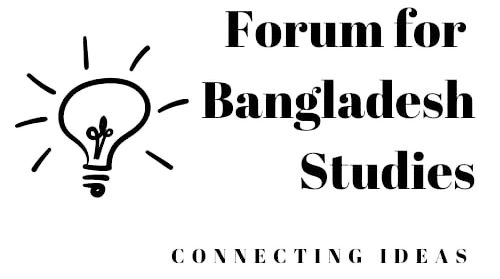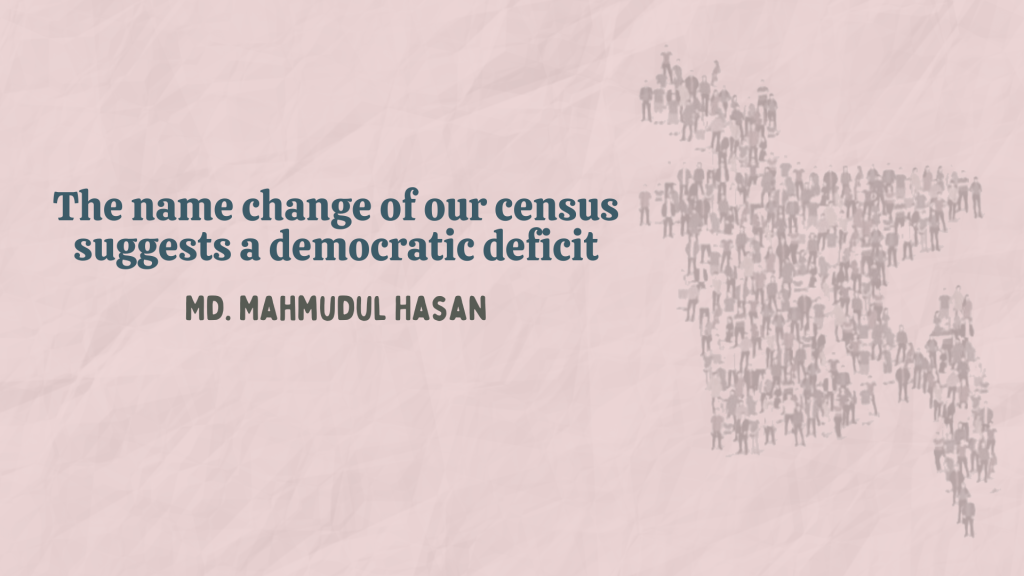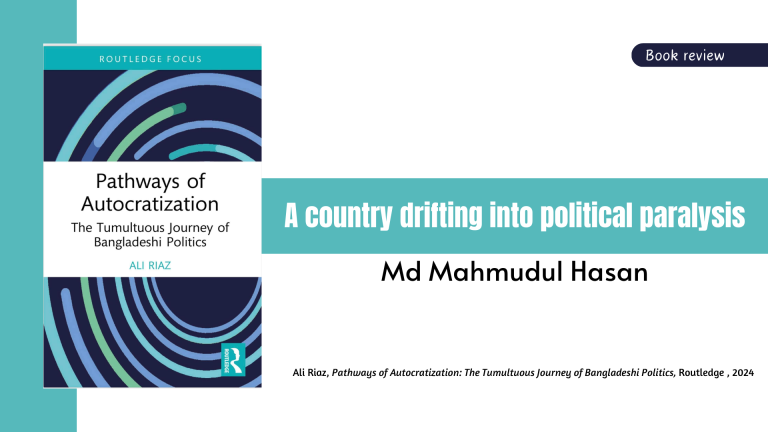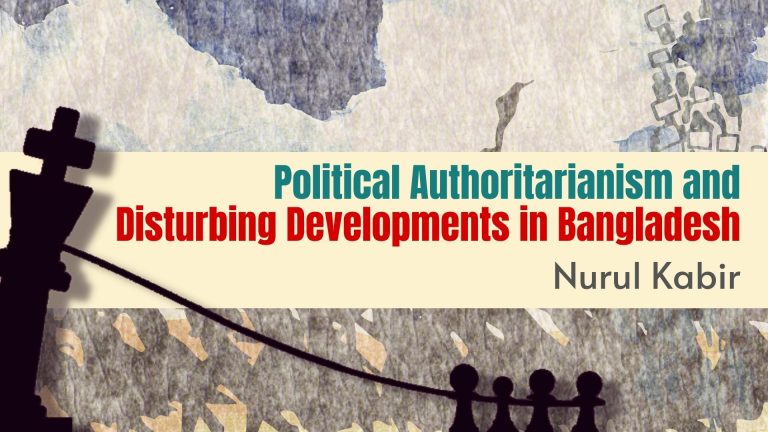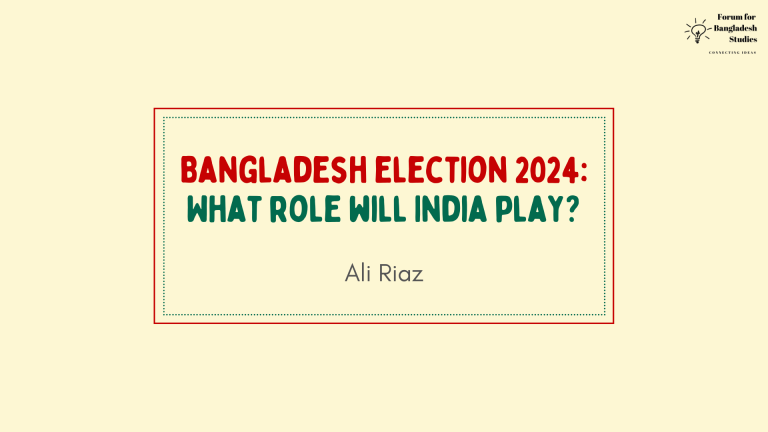The English playwright William Shakespeare said it a long time ago, and many have repeated it since, that the inherent quality of a person, product, or service is more important than the name given to them. In his celebrated play Romeo and Juliet, Juliet Capulet says to Romeo Montague:
’Tis but thy name that is my enemy;
Thou art thyself, though not a Montague.
What’s Montague? It is nor hand, nor foot,
Nor arm, nor face, nor any other part
Belonging to a man. O, be some other name!
What’s in a name? That which we call a rose
By any other name would smell as sweet;
So Romeo would, were he not Romeo call’d,
Retain that dear perfection which he owes
Without that title.
Juliet’s and Romeo’s family names stood in their way to fulfil their union of love. Juliet was in love with Romeo the person, and not necessarily with Romeo the Montague. Whatever name he had, Juliet’s love for him would abide as long as he retained ‘that dear perfection’. In the case of Juliet and Romeo, the question of the name change came because of an ongoing feud between the Capulet and Montague families.
In the most recent census exercise in Bangladesh, our forever-known Adam Shumari became Jana Shumari. There is not much difference in the meanings of the two terms, as both refer to a survey of population statistics or periodic enumeration of the population. But was there an urgency to change Adam Shumari to Jana Shumari? Was there any feud or animosity between Adam and Jana? What triggered the name change?
The decision on the name change of our census was made without any public debate or public knowledge. Therefore, we are left to speculate what happened behind the veil of secrecy that deliberated and agreed on this amendment.
Some possible reasons for changing Adam to Jana can be as follows: The nativist tendency of kicking out a foreign word (Adam); the adoption of a gender-neutral term (Jana) instead of a putatively male-biased one (Adam); and looking at the term Adam through an Islamophobic prism because it occurs in the Qur’an several times.
Now let’s unpack these hypothetical reasons.
First, there is a repertoire of internal plurilingualism in every language. Languages melt into each other and bear traces of other languages they have contacted. In that sense, the Bangla language is a palimpsest of different languages layered on top of it. Words of various languages have entered, and become an integral part of, the Bangla language. Eliminating them will be tantamount to amputating the language.
All languages have borrowed a great number of words from other languages. For example, the English language accepted words from Greek and Latin, and then from French, Italian and Spanish. Since British colonial rule, it has been adopting words from languages from around the world (especially from former British colonies). If we remove foreign words (loanwords) from the English language, what will remain may not be worth having (it will lose its identity and may cease to be a global language).
How about the following words?
Admiral, albatross, alchemy or chemistry, alcohol, algebra, algorithm, alkali, apricot, arsenal, assassin, aubergine or brinjal, camel, camphor, candy, carob, cipher and decipher, coffee and café, cotton, earth, elixir, gauze, gazelle, genie, Gibraltar, giraffe, hazard, jar, lemon, magazine, mattress, monsoon, nadir, ream, safari, saffron, Saracen, satin, sherbet, soda, sofa, sahib, spinach, syrup, tamarind, tariff, tuna, massage, tobacco, Trafalgar, etc.
All these words now considered English are of Arabic origin. No one in the English language community recommends purging these foreign words for the sake of the homogeneity and purity of the English language. Nor do such words of Arabic provenance harm the English sense of pride; they rather enrich the English language.
Second, in his discussion of relevant verses in the Qur’an, Maulana Akram Khan explains the term Adam in great detail. According to him, scholars of the Qur’an believe that it is of Syriac (not Arabic) origin. He persuasively argues that the word Adam in all or most places in the Qur’an refers to the human race. In this sense, I don’t see any gender bias in using the term Adam Shumari.
Third, in my opinion, ideologically, it is one’s intellectual right to dislike Islam without being unfair to the religion or to its followers. However, sniffing Islam in the word Adam may not be justified. The word has received a universal application, as it has become a long-established English word. Moreover, given the fact that Bangladesh is a Muslim-majority country, a handful but influential policymakers should not impose their ideological preferences on the general run of the people. No non-Muslim communities in the country have ever complained about the use of the term Adam Shumari. The decision to change Adam Shumari to Jana Shumari was taken arbitrarily and points to the democratic deficit in the current government of Bangladesh.
Whimsical nomenclature alteration is perhaps an outward manifestation of some underlying disorder in running our country. It seems that, instead of improving services and the quality of life of the people, those in power want to distract our attention from more important issues.
As regards the census, obtaining the correct figure for the population is more important than changing the name of the survey. By the way, the same goes for the name change of our international airport in Dhaka. We don’t actually worry too much about what name it carries. What we want is good services at the airport. Since, in these and similar cases, we only have the alteration of names but not the improvement of services, as a people, we feel short-changed by those in power.
Lastly, reflecting on what Shakespeare said about name changes, can’t we as a nation be mature and focus on things that really matter?
